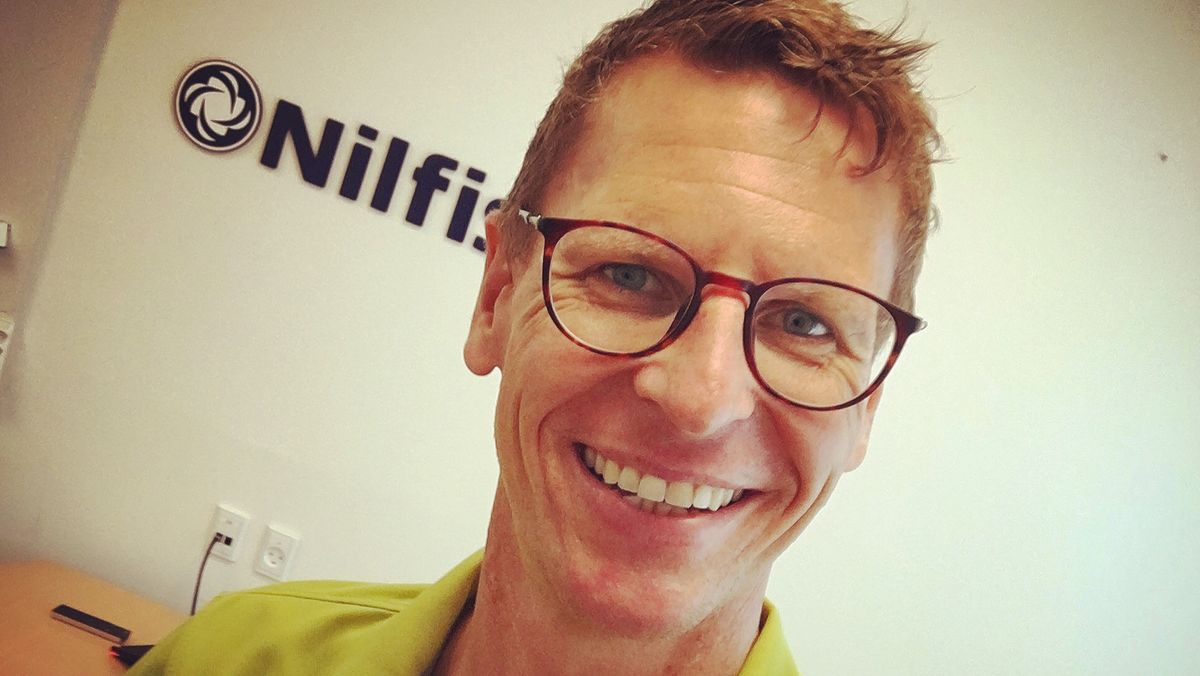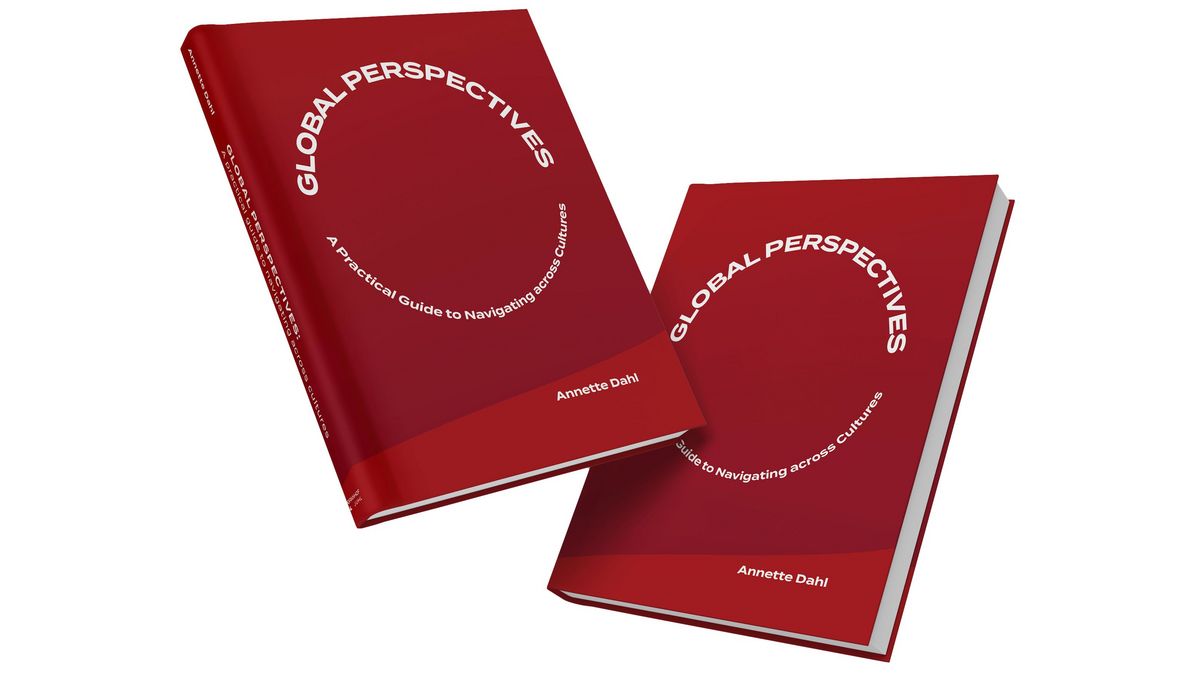
Global Mindset Train-the-trainer Programme Helps Nilfisk to Train 100 Global IT Employees In-house
We asked Marcus Faber Kappendrup, Project Manager at Nilfisk, 5 questions about why he wanted to become a Global Mindset Trainer and what he thinks about the Train-the-trainer programme.
C3’s Global Mindset Train-the-trainer programme is a new service for companies that want to offer employees global mindset training taught by their own staff.
Participants get access to an online learning platform with almost 50 tutorial videos about C3's global mindset training concept. In addition, they get a copy of C3's book ‘Global Perspectives’, a series of joint online workshops, and individual coaching and supervised training – with certification awarded upon successful completion of exams.
Nilfisk is one of the world's leading manufacturers of professional cleaning equipment and is headquartered in Denmark. Nilfisk asked C3 to help it implement such a programme by training four of its managers in the global IT department to train the department’s 100 employees.
Marcus Faber Kappendrup is one of the four managers at Nilfisk’s global IT department who piloted the programme to become a certified Global Mindset Trainer. Originally from Germany, Marcus worked for Nilfisk Germany before moving to Denmark 15 years ago to work at the headquarter office.
We asked Marcus why he wanted to become a Global Mindset Trainer and what he thinks about the Train-the-trainer programme.
1. What is your role at Nilfisk and what was your motivation for becoming a certified Global Mindset Trainer?
I work in global IT at Nilfisk’s Danish headquarters where I'm an IT project manager and scrum master for some agile IT teams.
C3’s Annette Dahl trained a group of international managers in Nilfisk last year. The training was very interesting and I really liked Annette’s approach.
For example, we used the Double Iceberg model to reflect on what cultural values are visible above the water and what ‘cultural baggage’ is not visible below the water, e.g., your education, where you grew up etc.
By analyzing our own iceberg and then that of our communication partner from another culture, we realized that we all have different cultural drivers that give us a unique perspective on things.
There were a lot of eye-openers where we said, “Ah, okay, I thought it was like that all over the world. But obviously, it's only like that in my little world!”
Given Nilfisk’s international profile, I suggested to my manager that everybody in the global IT office should be trained in this – and not just the managers, but all our employees. He thought this was a nice idea and we worked with Annette to develop the Global Mindset Train-the-trainer programme so that a number of Nilfisk employees could train their colleagues.

